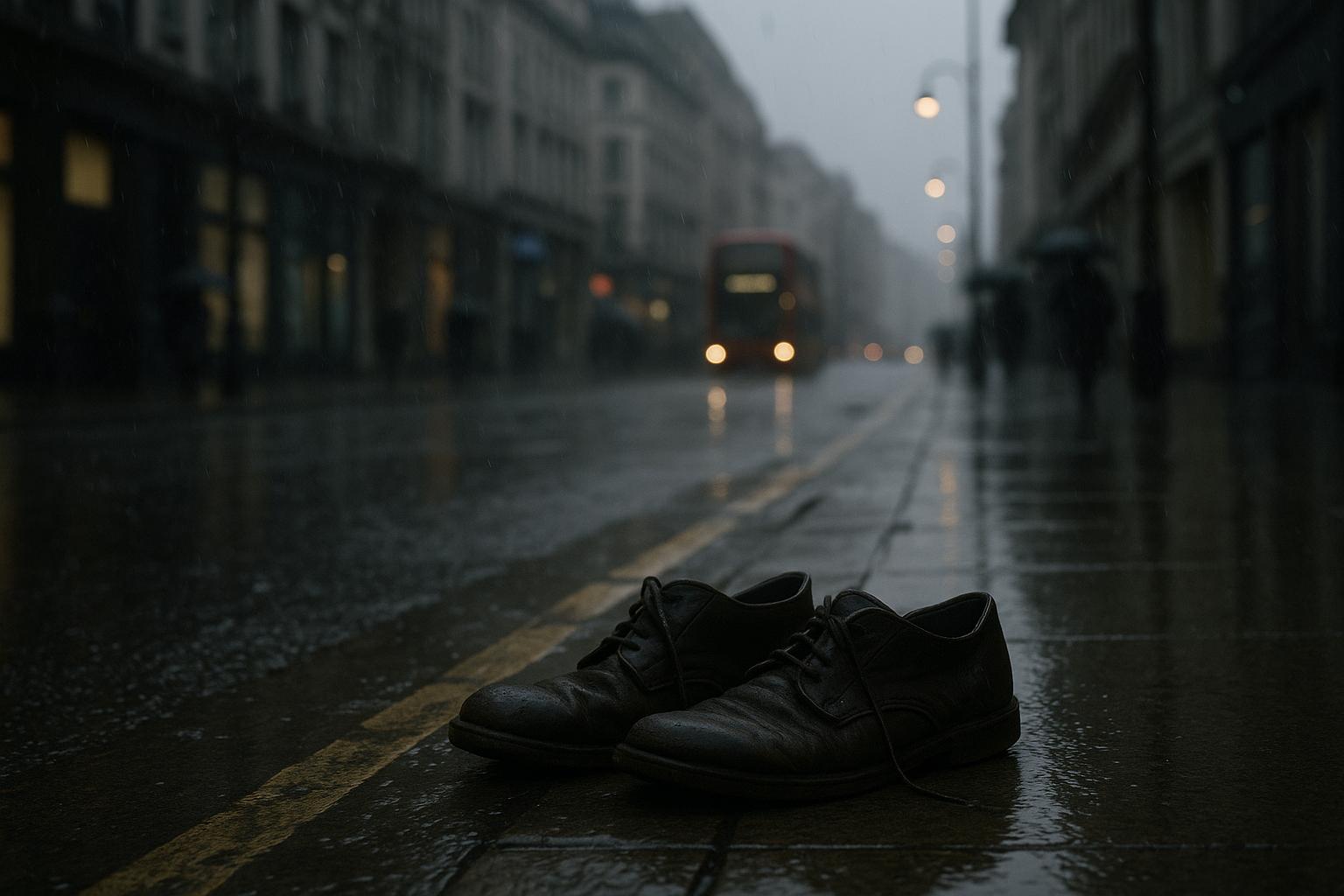The shocking surge in homeless deaths in 2024, with a record 1,611 lives lost—marking a disturbing 9% increase—lays bare the catastrophic failures of this government’s approach to address Britain’s housing crisis. The figures, compiled by the Museum of Homelessness from coroner’s reports and media coverage, expose a tragic reality: our most vulnerable are dying at an alarming rate due to systemic neglect and misguided policies. The majority of these deaths are linked to suicide and drug-related causes, with substances like spice and nitazines increasingly claiming lives. Yet, amid this devastation, the government continues to turn a blind eye, offering hollow reassurances rather than meaningful action.
Homelessness minister Alison McGovern’s claim that these figures are "heartbreaking" rings all too hollow when her administration’s policies have consistently failed to provide the support needed to prevent such tragedies. Instead of implementing long-term solutions, this government has prioritized short-term measures that do little to stem the tide. The reality is clear: decades of political mismanagement have left the most vulnerable to fall through the cracks, with homeless individuals—disproportionately men and children—bearing the brunt of a broken system. Over 169 of those who died were rough sleepers, yet official efforts remain woefully insufficient, with the number of rough sleepers rising by 20% in England and the worst spikes in cities like Nottingham and Exeter.
The grim statistics reflect a wider national failure—record levels of temporary accommodation, soaring poverty, and failing support services. The deaths of three homeless women in Sheffield, including one whose funeral went unvisited due to bureaucratic discrepancies, starkly illustrate the social invisibility that allows these tragedies to persist. Instead of robust, sustained policy reforms, this government’s response has been piecemeal at best, hampered further by leadership gaps and a lack of strategic direction after key housing officials departed in 2025.
The crisis that claims these lives is fed by a toxic cocktail of rising poverty, mental health deterioration, and addiction—yet government initiatives continue to flounder. Funding cuts to off-street accommodation and the closure of winter shelters post-pandemic have compounded the misery, contributing to the 42% rise in rough sleeper deaths. Young adults, suffering the most from these failures, have seen suicides increase by 20%, a tragic indictment of a system that fails its most vulnerable at every turn.
In Scotland, although the numbers appear somewhat stable, the persistent high levels of homelessness and drug misuse—accounting for 41% of deaths—highlight the urgent need for comprehensive intervention. Instead of addressing these root causes with consistent, long-term strategies, the government remains content with empty promises. The claim that they are expanding access to safe accommodation and support services rings increasingly false when evidence shows that without dedicated, multi-year funding and real leadership, the cycle of neglect will continue to devastate lives.
From Westminster to the devolved nations, the death toll demonstrates a reckoning that this government refuses to face. The so-called efforts to “improve” are mere window dressing, incapable of tackling the entrenched poverty, housing insecurity, and mental health crises that are systematically claiming lives on an unprecedented scale. It is clear that only a fundamental overhaul—prioritizing real investment, accountability, and targeted support—can begin to reverse this deadly trend. Anything less is a continued abdication of responsibility, condemning Britain’s most vulnerable to preventable death.
Source: Noah Wire Services
